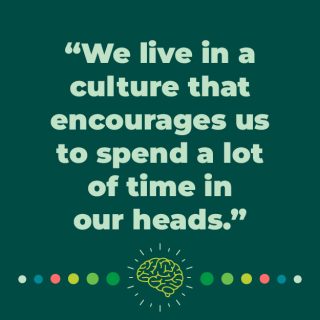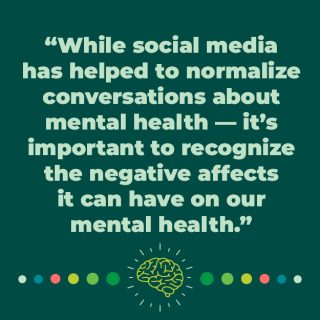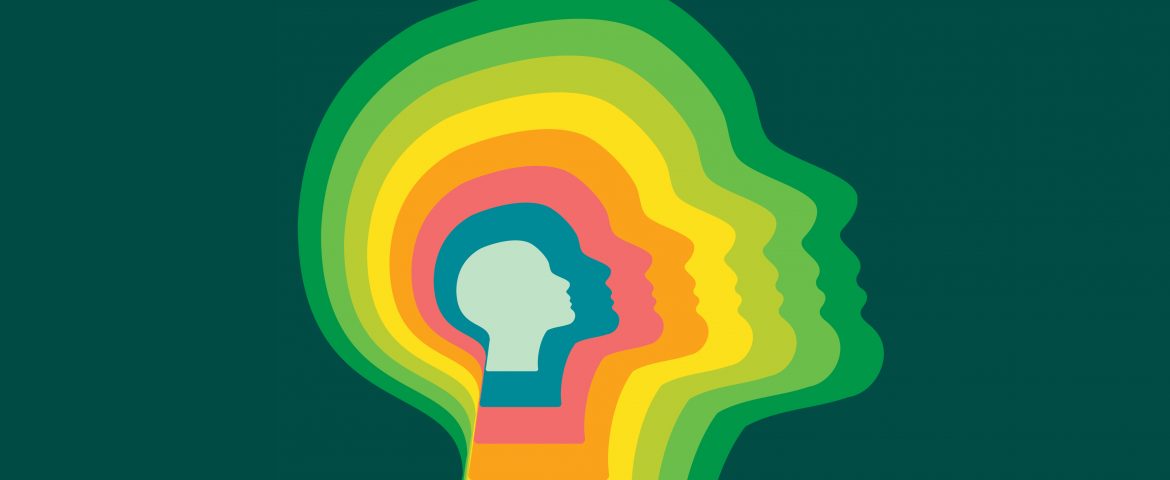By Martha Velting, LMSW
As a Clinical Social Worker, I am a firm believer in the power of therapy. I have been a sideline witness to so many people finding relief, growth, connection, and health within the parameters of a client-therapist relationship. I’ve also tested the waters myself and have been personally impacted by a therapist who over time helped me find a new sense of safety and hope.
Because I work in the field, I am often asked for recommendations to therapists in the area. I love providing information to people about therapists but caution them up front about how the demand for therapy and longer wait times may impact access.

In these conversations, I ask people to consider what they may already be doing to tend to their mental health or what they might be able to do while they wait. It’s easy to put mental health in a box and feel that our only option for treatment is therapy and/or medication. But mental health is layered! I think we sometimes minimize the effects that our environment, relationships, and physical bodies can have on our own emotional state.
If you find yourself in a situation where you are waiting to start therapy or need some additional resources to care for yourself outside of the therapy space – here are some of my favorite ideas that I’ve collected over the years:

Movement Matters.
We live in a culture that encourages us to spend a lot of time in our heads. What we know is that the brain and body are not separate but intimately connected and in constant dialogue. I recently learned that for each neuronal message going from your brain to your toes – there are nine neuronal messages going from your toes to your brain. Read more about how this works and exciting new research about our Vagus Nerve here. The way we move our bodies matters and has great impact on our thoughts and mood. Consider finding movement that feels fun, joyful, or meaningful – this could be gentle stretching, gardening, going for a walk, having play time with a child or anything that feels accessible and good to your body.
Mindfulness
When our body and minds are overwhelmed, we are wired to survive, which can pull our thoughts back to the past or forward making predictions about the future. Both are protective attempts to keep us safe in the moment when there is a threat. When the threat is more related to a story that we’re telling ourselves rather than real danger – it’s really important to slow down, breathe, and connect to what’s really going on. Mindfulness can be a way to remember that we are “here” in those moments. There are many mindfulness meditations available online to help guide you. I find that the Insight Timer app has many excellent, free guided audio scripts. Priority Health is currently offering all Michiganders’ access to myStrength which has a multitude of mindfulness meditations and wellness resources.

 Limit time online.
Limit time online.
While social media has helped to normalize conversations about mental health – it’s important to recognize the negative affects it can have on our mental health. Our brains tend to seek out information that confirms our thoughts and mood state. Spending too much time online can increase symptoms of depression, anxiety, and even suicidal thoughts. If you are feeling vulnerable, it may be a good idea to limit checks of your phone, disable social media notifications, or even have certain times of the day that you turn off your phone altogether.
Community
Research consistently shows that support and connection are critical to our mental well-being. We are social beings and are not meant to live in isolation. Connecting with others helps us feel less alone in our struggle. From a neurological perspective, being around people helps to trigger “feel good” hormones that can help reduce stress and make you feel more positive. Finding community can take lots of different forms from reaching out to a friend, finding a local volunteer opportunity, offering to walk someone’s dog, joining a Meet Up group, or joining a gym.

A final word
If you are waiting to see a therapist and you find your symptoms worsening to the point of a crisis, please seek emergency help by calling 911 or going to the nearest emergency room. Help is also available 24/7 via the 988 Suicide & Crisis Lifeline. Please do not hesitate to call or text 988 or chat 988lifeline.org. As someone who has made it to the other side – I am holding hope for your journey through this.
 About the Author: Martha Velting, LMSW is a Clinical Program Specialist in the Behavioral Health Department at Priority Health. She oversees outpatient community-based partnerships with several local providers through a program called Community Care Management. Martha is passionate about the well-being of all people and loves to see people grow, heal, and come into more fullness in themselves and their relationships. She also enjoys spending time camping, hiking, and biking with her husband and son.
About the Author: Martha Velting, LMSW is a Clinical Program Specialist in the Behavioral Health Department at Priority Health. She oversees outpatient community-based partnerships with several local providers through a program called Community Care Management. Martha is passionate about the well-being of all people and loves to see people grow, heal, and come into more fullness in themselves and their relationships. She also enjoys spending time camping, hiking, and biking with her husband and son.


